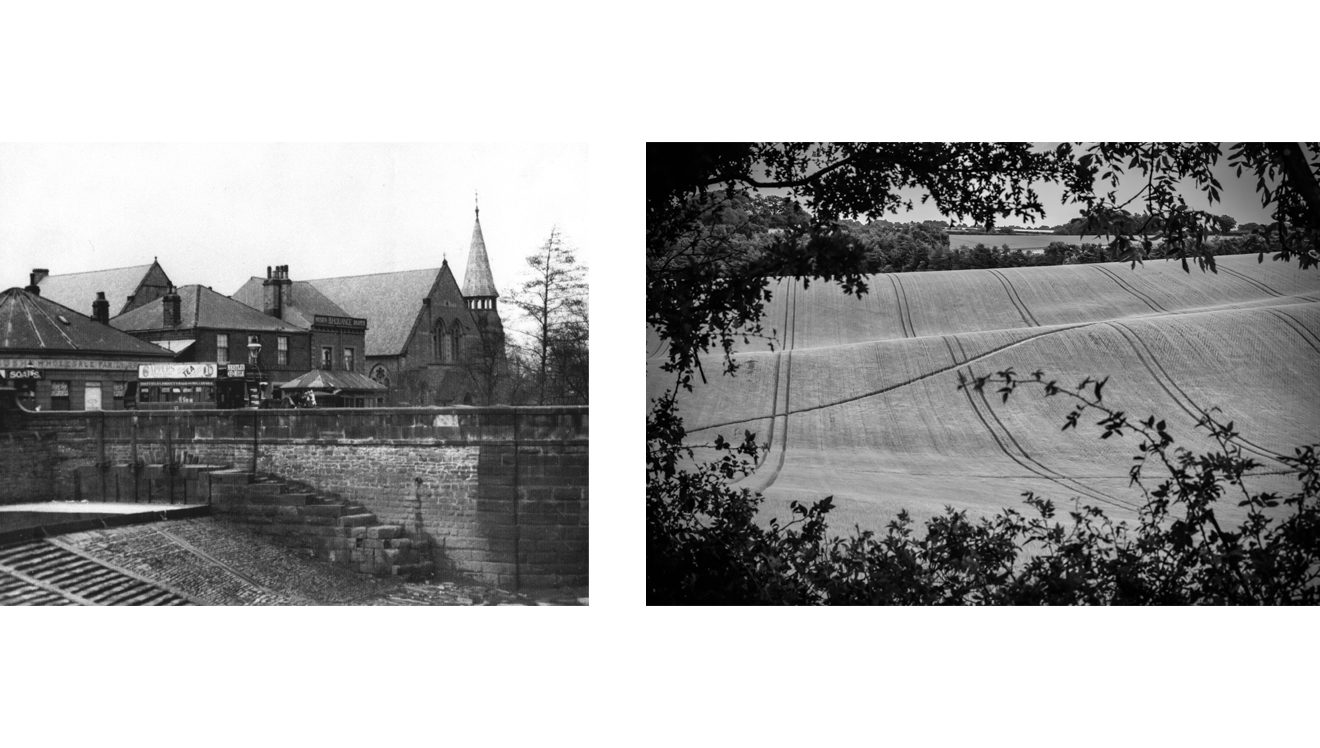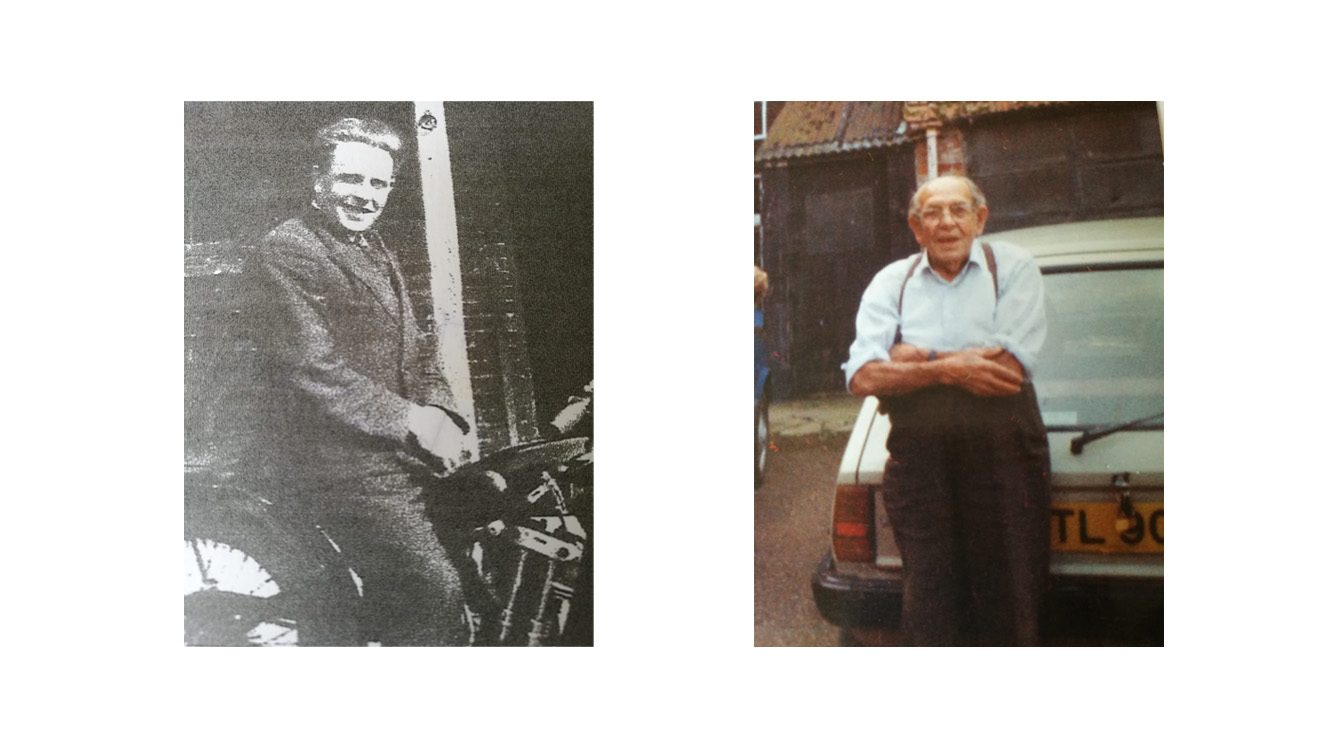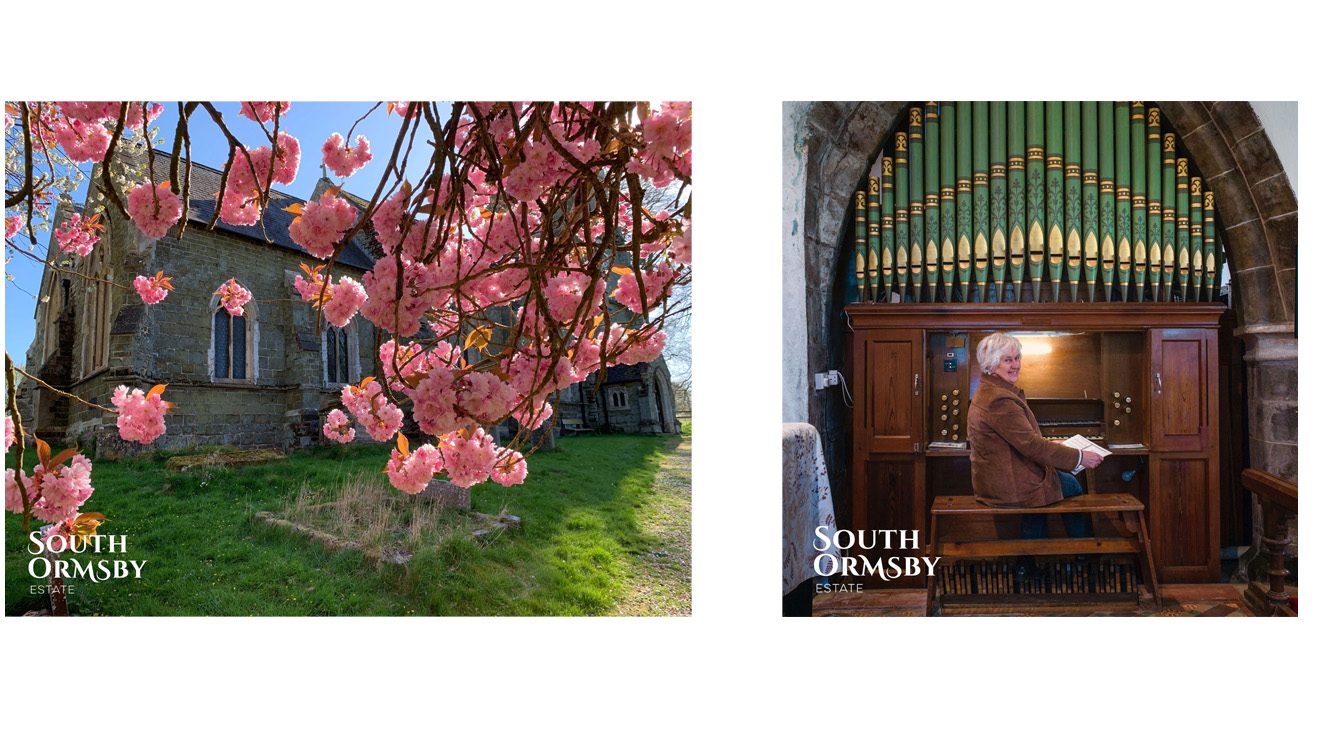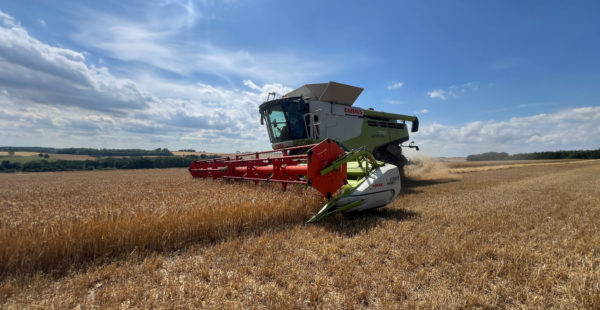Lincolnshire Farming History: Farming in Wartime, Getting Mechanised & Electrifying Music
Eileen Burrell was born in Sheffield in 1930 but grew up in Brinkhill. Her father was David Baumber, and her mother Amelia Baumber née Harvey. Eileen’s maternal grandfather, James William Harvey, left Swineshead with a shilling in his pocket to seek his fortune. He found his way across the Pennines, helped to build the Manchester Ship Canal then moved to Sheffield where he fell for and married Ada Tankard. Eileen’s paternal grandmother, ‘Granny Humberston’, was a farmer’s daughter from Brinkhill.
James Harvey remained in Sheffield where he became a brewer. During Eileen’s childhood, he occasionally visited Brinkhill. He never drove – as he had two sons who could, he didn’t see the point. He kept onions on strings to keep germs at bay.
Eileen was born in smoky, industrial Sheffield. Her father trained as an engineer at Hadfield’s on the site of what is now Meadowhall. He’d left Lincolnshire to preach the gospel for the Plymouth Brethren in Sheffield, where he learned to play the organ which became his life-long passion.








